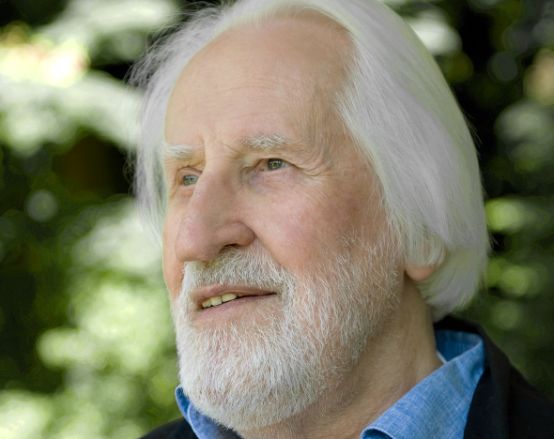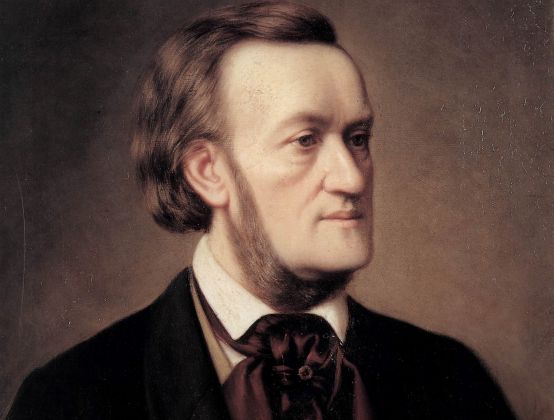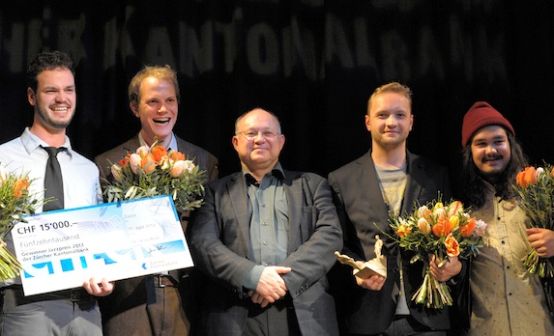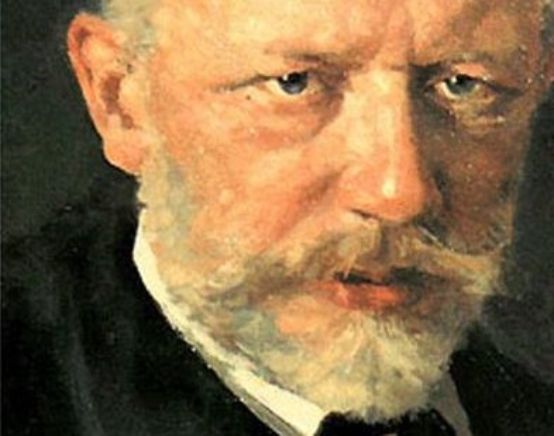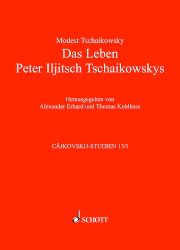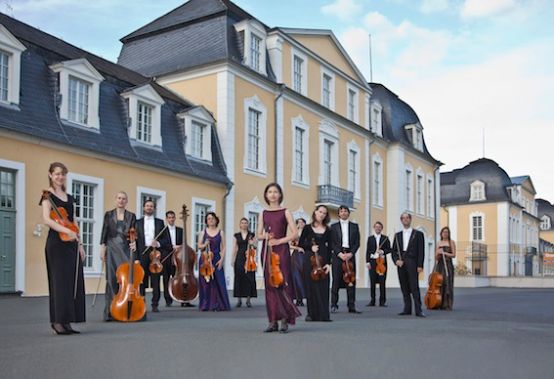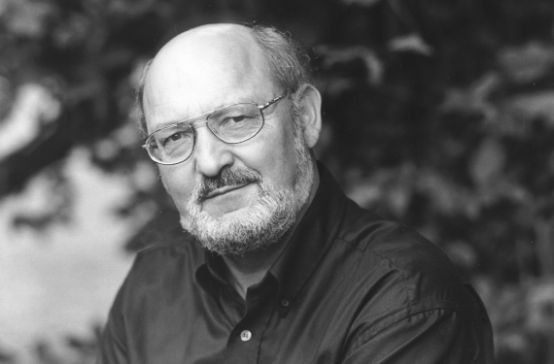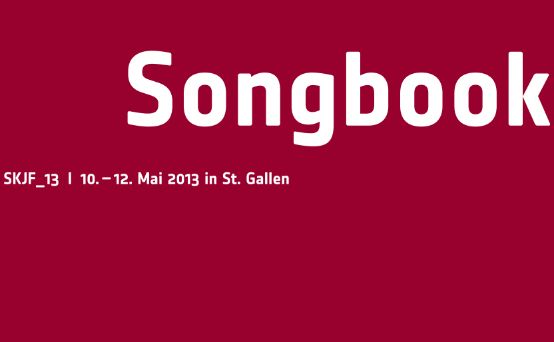Pop musician Heidi Happy and blues musician Christian "Blind Banjo" Aregger are among the winners of a residency at the Chicago studio apartment run by the city and canton of Lucerne. The residency at the studio for 2014 and 2015 was announced at the beginning of this year.
During her studio stay, Heidi Happy (Priska Zemp) wants to compose and create a new album. The jury "is curious to see how the influences and rhythm of the big city will affect her work and be reflected in her album". Christian Aregger, on the other hand, "will have the opportunity to immerse himself in the city of blues - back to mama - and search for his roots".
Applications from textile designer and outfitter Nina Steinemann, filmmaker and photographer Ralph Kühne, illustrator Benedikt Notter and curator Nadine Wietlisbach were also considered.
Four-month studio residencies have been awarded. A total of 43 artists applied for the residencies. The jury: Sandra Baumeler (Lucerne-Chicago City Partnership Association), Benji Gross (FUKA Fund City of Lucerne), Nathalie Unternährer (Head of Cultural Promotion Canton of Lucerne), Verena Omlin (Cultural Promotion City of Lucerne) and Stefan Sägesser (Cantonal Cultural Promotion Commission).






